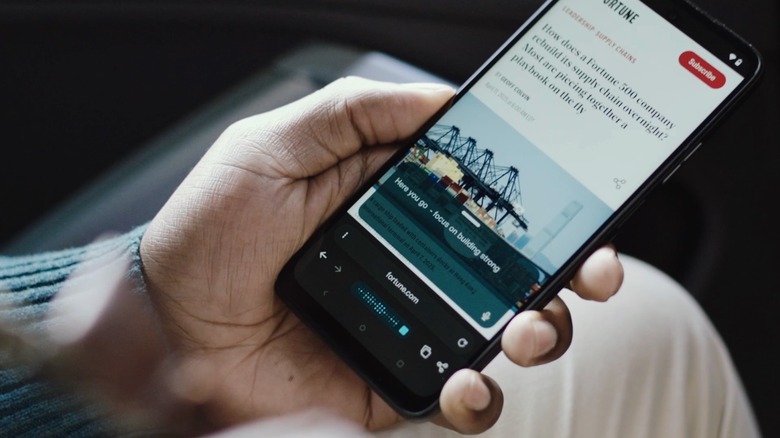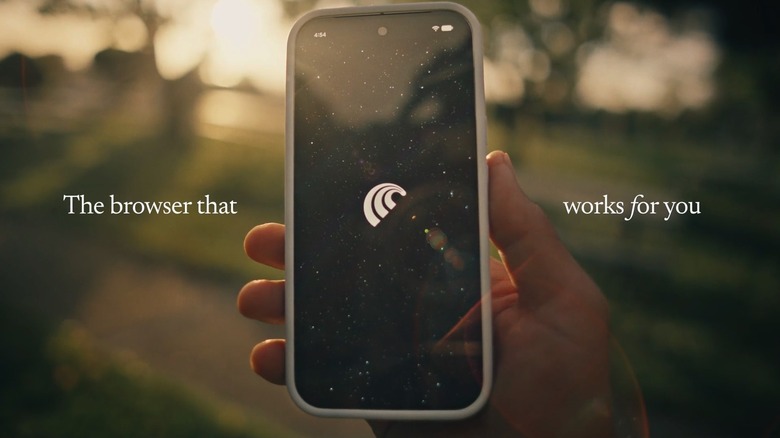Perplexity Comet Launches On Mobile, Starting With Android
Perplexity launched the Comet AI browser on desktop in July, making it available via a waitlist initially. By October, the company ended the waitlist, making Comet available to anyone interested in an internet browsing experience with built-in Perplexity AI assistance. Around the same time, Perplexity CEO Aravind Srinivas teased a Comet for iPhone app, without committing to a release date. A month later, a leak gave us a look at the Comet app for Android, with the app showing up in Google Play where it was available for "pre-registration." On Thursday, the company released the Android version of Comet, making the AI browser available for download.
Perplexity said in a press release that millions of people use Comet every day, the world's "first truly AI-native browser." The company also noted that "building an AI-first browser has required deliberate work for each OS and every form factor," as Perplexity didn't want to "force" the desktop experience on mobile. Instead, the company has redesigned Comet for mobile experiences that start with Android. That's an interesting approach, as most developers, including AI firms, target iPhone users first with new products. OpenAI's ChatGPT and Sora apps are such examples. However, there might be reasons why Perplexity is interested more in Android than iPhone, including easier access to specific resources, like the phone's microphone for voice chats with the Comet assistant.
What can Comet for Android do?
The Comet experience involves having access to an AI assistant on the spot, for any questions the user might have about the content they're accessing or other matters. Comet for Android will bring some of those experiences to Android devices. The Comet Assistant is one tap away in the AI browser to answer questions and take actions on the user's behalf. The company says the assistant supports expanded reasoning, and always displays the actions it is taking for the user, who can intervene in the AI's workflow at any time.
The company also notes that the Voice Mode that Perplexity app users love is also available in Comet. Users will be able to talk to the AI about their open tabs and ask for information. Also, the smart summarization feature will let the Comet summarize searches and information across tabs. These can be useful features for extracting specific information from an internet browser, without necessarily fiddling with the phone to find the right tab.
Comet for Android also features a built-in ad blocker, which the company calls the "industry's most advanced" native tool to block online distractions. While a built-in ad blocker can come in handy, it might not be a necessary feature for browsing experiences that involve having the AI assistant access web content, provide summaries, and perform actions. The ad-blocking tech also seems counterintuitive when you consider Srinivas' comments from earlier this year regarding personalized ad experiences. In April, the CEO said Perplexity wants to learn everything it can about users, to serve more personalized ads. Ad blockers would interfere directly with such monetization plans.
Comet is available for free to Android users in the Google Play store. It's unclear when the iPhone version of the app will launch.

